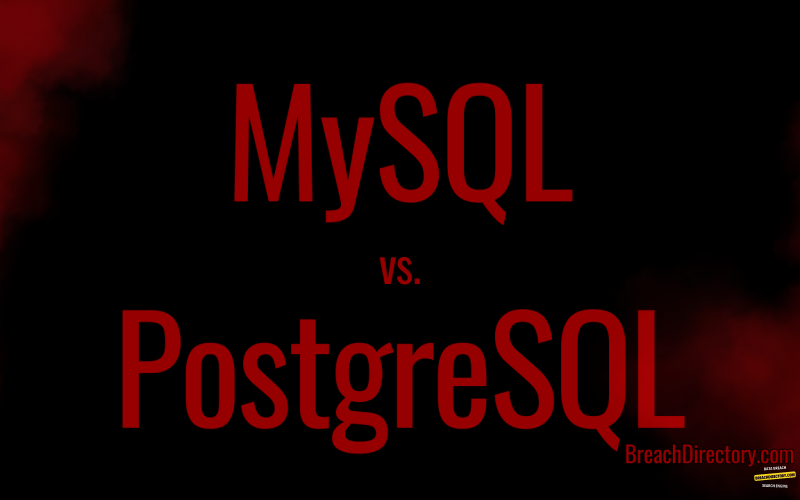PostgreSQL vs MySQL. What to choose for your database needs? Read this blog and find out.
MySQL and PostgreSQL are both great database management systems. With that being said, both PostgreSQL vs MySQL have things that set them apart.
PostgreSQL is known as a powerful object-oriented relational database management system with support for many features providing for extensibility, e.g. data types and the like. At the same time, it comes with a singular storage engine unlike MySQL. MySQL on the other hand is known for its ACID support with its InnoDB storage engine and comes with a whole set of other storage engines that may be useful for your use case.
Here’s what and when to choose in terms of PostgreSQL vs MySQL.
PostgreSQL vs MySQL: When to Choose PostgreSQL
When choosing between PostgreSQL vs MySQL, choose PostgreSQL if:
- You want extensibility and more customization options. PostgreSQL supports significantly more data types than MySQL does, and it also has a variety of custom functions, operators, and other extensions like PostGIS.
- You want to build geospatial applications. PostgreSQL has support for spatial data types through the PostGIS extension making it perfect for geospatial or scientific data or complex data models.
- Your application is heavy on concurrent transactions. Another selling point for PostgreSQL is that it can easily handle a lot of concurrent transactions without much need for additional configuration. While MySQL also has this feature, achieving it may necessitate fiddling with the configuration file (my.cnf/my.ini.)
PostgreSQL may be a great fit if you’re after exotic data types or are building applications with a lot of concurrent transactions or geospatial apps.
PostgreSQL vs MySQL: When to Choose MySQL
When choosing between PostgreSQL vs MySQL, choose MySQL if:
- You want to explore or necessitate the use of different storage engines. While the primary storage engine of MySQL (InnoDB) is the primary choice for many, both MySQL and MariaDB have other options.
- MySQL excels in scenarios with predominantly read operations. If your application is heavy on read operations but doesn’t rely much on writes, choose MySQL.
- Compatibility for CMS and legacy applications out-of-the-box. Many content management systems like WordPress, Joomla, Drupal, MyBB, vBulletin, and the like rely on MySQL instead of PostgreSQL as far as PostgreSQL vs MySQL is concerned so the configuration and setup may be easier.
As far as PostgreSQL vs MySQL is concerned, MySQL may be a great fit if you’re building an application that supports a CMS, want to explore different storage engines, or are after InnoDB’s reliable ACID support.
Summary
In terms of PostgreSQL vs MySQL, choose PostgreSQL if you’re after extensive data type support or are building geospatial apps, and choose MySQL if your workload is read-heavy, you require straightforward scaling and replication options, or if you want to rely on InnoDB and its ACID compliance capabilities.
FAQ
Do I Choose PostgreSQL vs MySQL for My Use Case?
Whether to choose PostgreSQL or MySQL for your use case depends on a couple of factors: whether you need ACID support, whether you need support for extensive data types, what application you’re building, and so on If you need extensive data types or are building exotic applications, look into PostgreSQL. If not, use MySQL. Hacking MySQL: Breaking, Optimizing, and Securing MySQL for Your Use Case may be a good starting point for those wanting to learn more about MySQL and its internals.
Where Can I Learn More About PostgreSQL or MySQL?
To learn more about PostgreSQL and MySQL, consider reading blogs, reading books on MySQL or PostgreSQL, or attending industry conferences like Database Frontiers.
